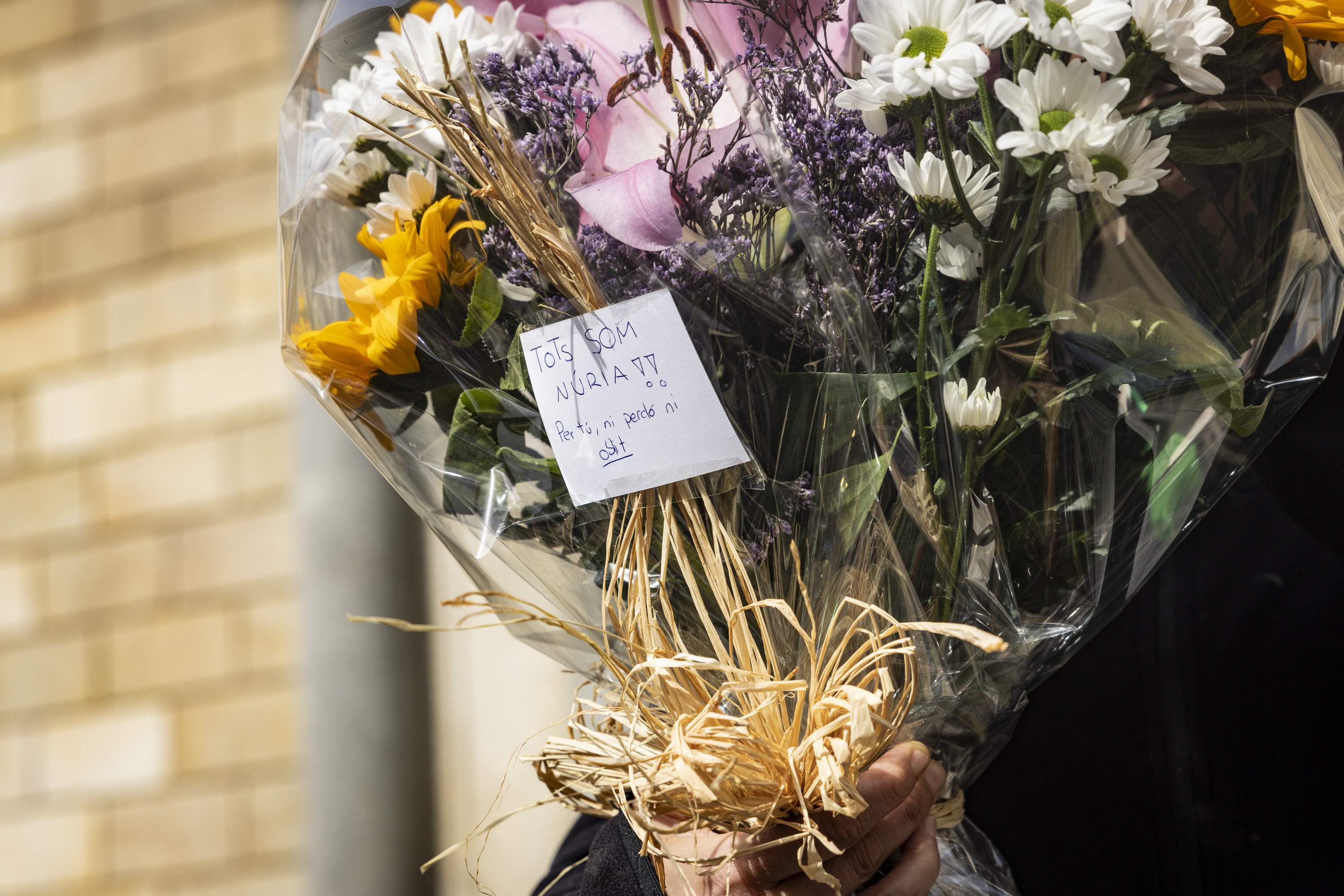Prison officials in Catalonia are still on a war footing. It's been more than a week since they said "enough" and rebelled against the Catalan justice department after the murder of Núria, a cook at the Mas d'Enric prison near Tarragona, who was attacked by a prisoner who worked in the centre's kitchen. Since that day, protests have multiplied, with demonstrations, like today's in Barcelona's Plaça Sant Jaume, with more than 500 people, and also with roadblocks and disruption of access to Catalonia's prisons. The protests, however, are set to continue.
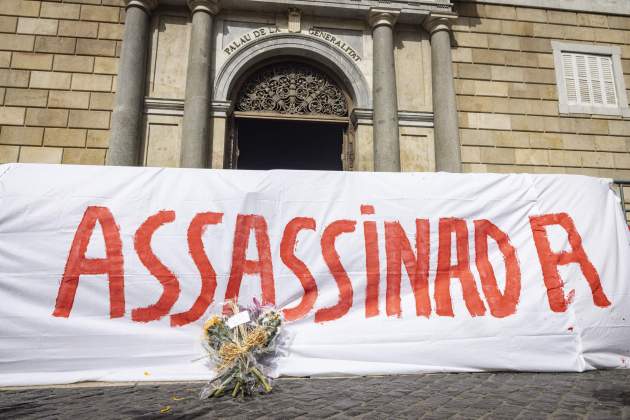
Prison workers demand four resignations. They want to see the dismissals of justice minister Gemma Ubasart and prisons secretary Amand Calderó, and also those of the directors of Mas d'Enric and Quatre Camins prisons. The prison officers say that control of the penitentiary centres has been lost and they accuse these four figures of having established a permissive and "surrealistic" system that makes it impossible to apply the internal regime in prisons.
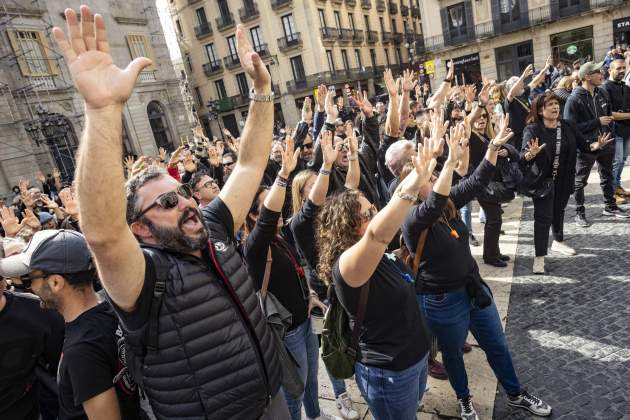
This morning, after the rally in Plaça de Sant Jaume which included five minutes of silence to remember the woman from La Pobla de Mafumet murdered in Mas d'Enric, the union delegates entered the Palau de la Generalitat and met with Catalan vice president Laura Vilagrà - given that the president, Pere Aragonès, is in Madrid.
Mobilizations to continue
Although it was the first meeting of the unions with members of the government since the beginning of the crisis - the officers had not wanted to enter any kind of negotiation if there were no resignations - it did not help to defuse the conflict. When the prison union delegates left the Generalitat building, they reported to the workers on the meeting with the vice-president, and at that point, the assembly in Plaça de Sant Jaume decided to continue its mobilizations.
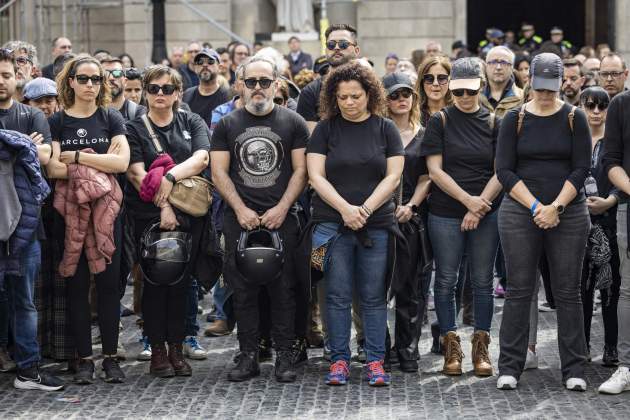
It will now be the mobilized assemblies of each prison centre that will decide what their actions will be. Some of the workers have stated that the idea, for now, is to return to the blockade of the penitentiary centers and, once again, force the administration to make changes. During today's protest, the distance between the prison unions - elected a few months ago in union elections - and the workforce of prison staff has become clear again.
Ubasart appears before Parliament
This Thursday, at her own request, the minister will appear in the Parliament of Catalonia to explain the crisis in the prisons and also share information on the murder at Mas d'Enric. Although Ubasart has remained silent and has not wanted to resign from the apex of the justice department, she affirmed that she wanted to know all the details of the events that took place in the Tarragona prison and, if necessary, modify protocols for dangerous prisoners in places like kitchens, where they have access to knives. To receive the minister, tomorrow in Parliament, the unions have called a protest outside the Catalan chamber.
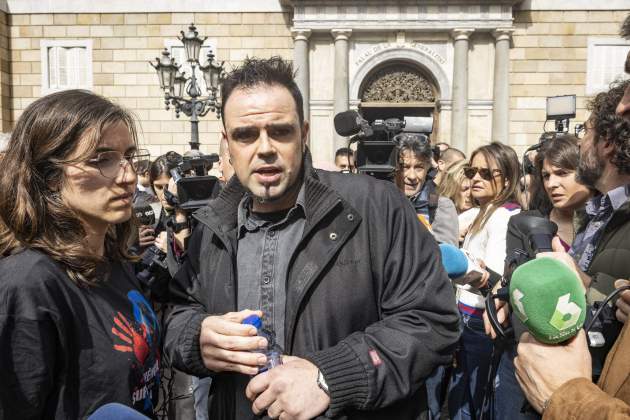
Meanwhile, president Aragonès has defended the minister, ratifying his "confidence" in Ubasart and her justice team, and has called on prison workers' unions to "dialogue" to find solutions to the demands. The Republican leader has expressed, in statements to La Sexta television, his "commitment" to "improve" the prison model in Catalonia, as well as to promote a restructuring of situations of risk in prisons.

